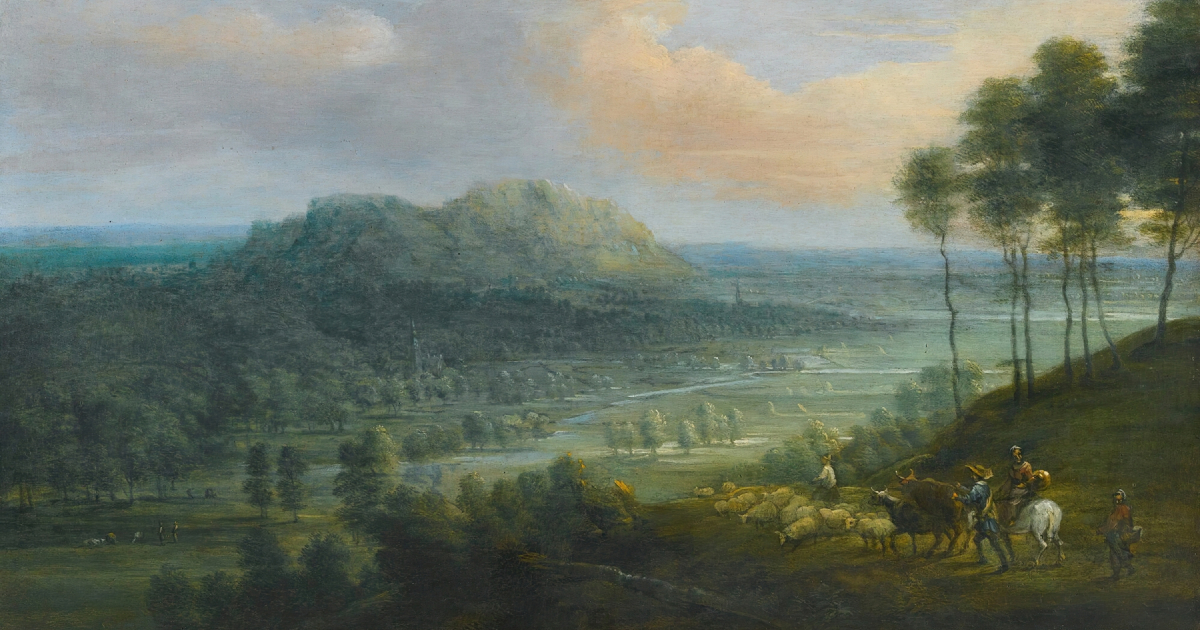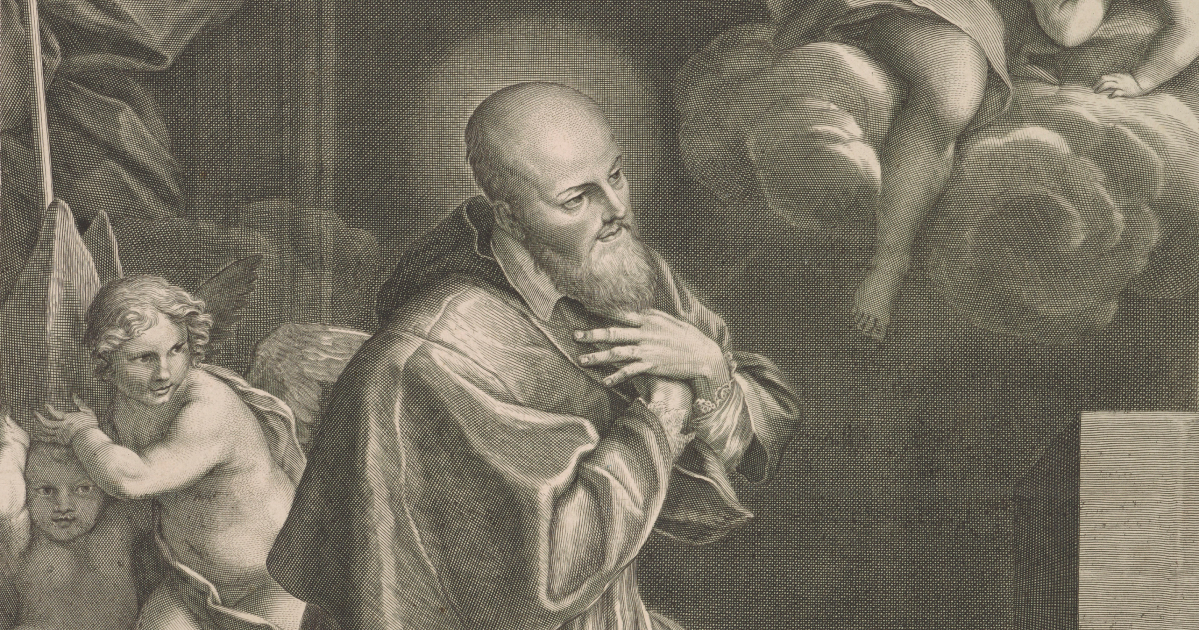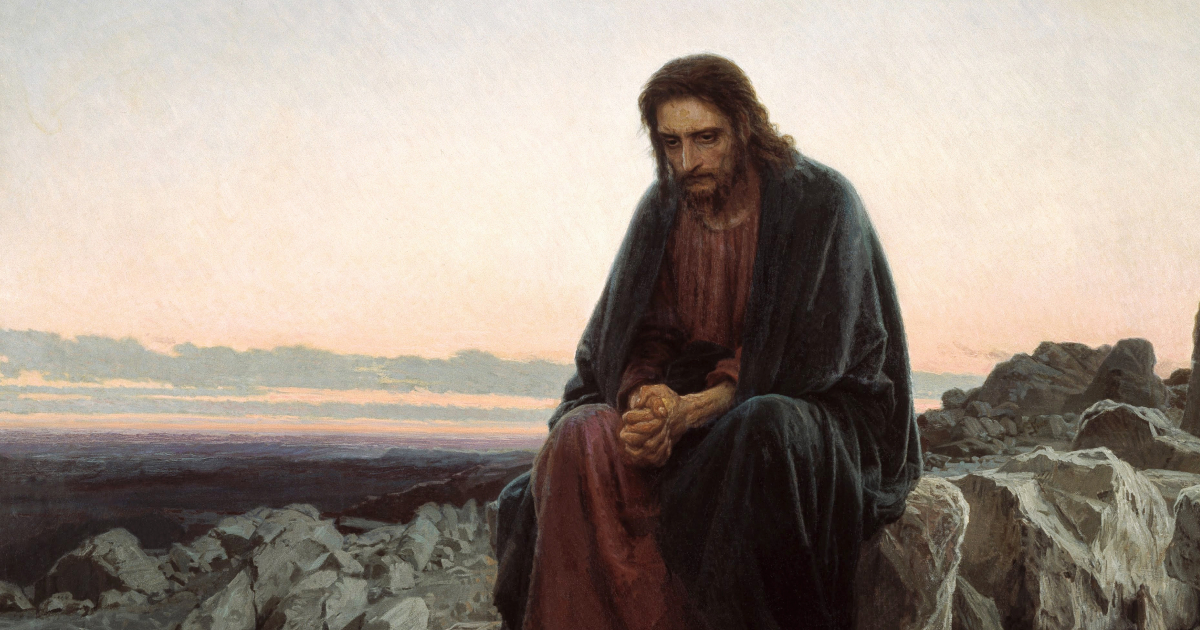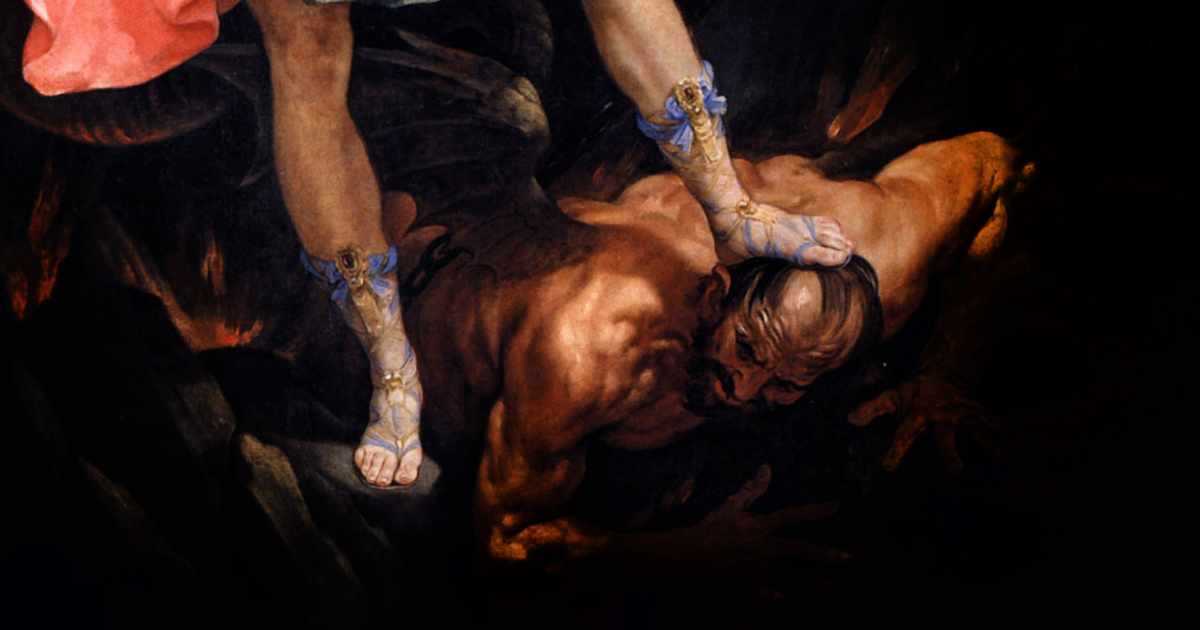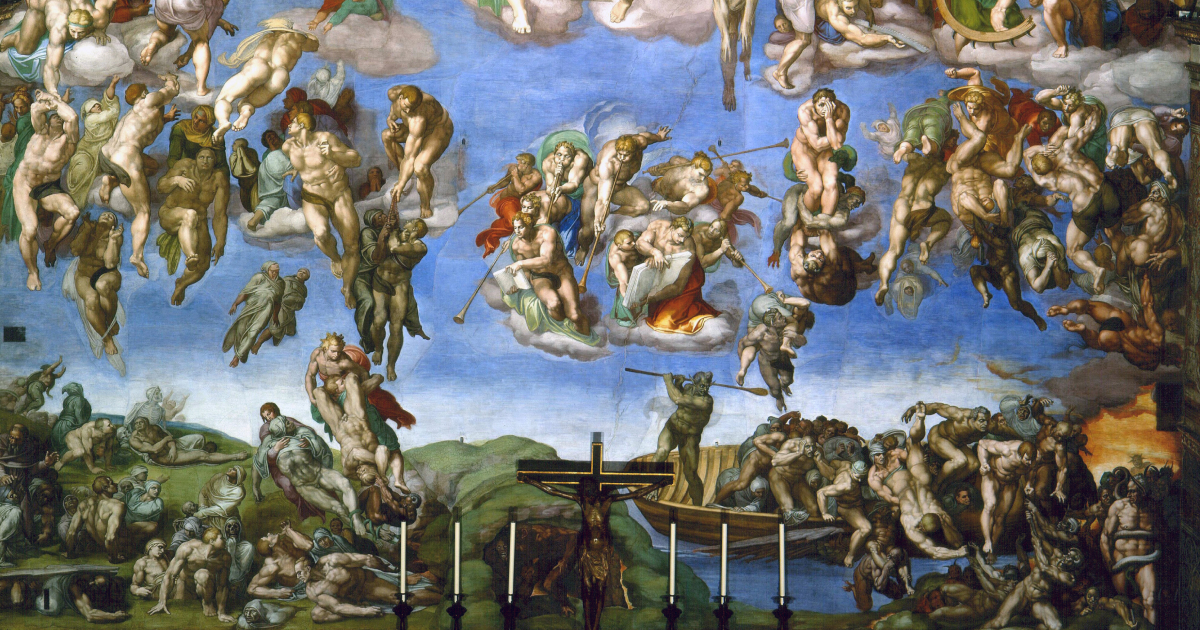The prevalence of evil and suffering, especially agonies endured by innocent victims, has long since caused Kemi Badenoch to abandon belief in a loving God.
Now an agnostic, the Tory leader told an interviewer this week that it was the monstrous crimes of Josef Fritzl which caused her to cast aside her Christian faith. In 2008, Austrian police discovered that Fritzl had imprisoned his daughter Elisabeth in a cellar and repeatedly raped her over a 24-year period. She gave birth to seven children while in captivity.
Many will not only share Mrs Badenoch’s horror over this outrage, but also agree with her conclusion. Evil and suffering form the strongest single argument against the existence of a benign Creator. Hume and Voltaire famously said so during the Enlightenment: so do squadrons of like-minded secularists today.
Are their arguments as strong as they suppose, however? Not necessarily. Christians ready to concede a point to sceptics can still present a set of counter-arguments with quiet confidence as well as humility.
In the first place, it’s surprising that it should have taken one particularly abhorrent crime to trigger Badenoch’s change of mind given that the problem of evil has assailed thoughtful believers for thousands of years.
This factor has been well summed up by the late Rabbi Jonathan Sacks. When asked where God was at Auschwitz, he said that God had been there "in the words 'You shall not murder.' He was there in the words, 'Do not oppress the stranger,' in the words, 'Your brother’s blood is crying to me from the ground.'"
Yet Sacks immediately added that the Holocaust was not in and of itself a new challenge to faith. Exactly the same question could have been asked about Cain and Abel, among innumerable other disasters. As Sacks explains:
Why did God let Cain kill his brother? And the truth is, that is the Jewish equation. We believe that God gave us freedom. It is the most fateful decision he made in the entire universe. Freedom means that if we do well, we are little lower than the angels. But if we do bad, we are lower even than the beasts. That is our world. God teaches what’s good and what’s evil, what we should do and what we should not do. But God does not intervene to force us to do good, or to prevent us from doing evil.
Here the Abrahamic faiths are in broad agreement. But Christians can go further. A potent answer to suffering is the presence of God incarnate experiencing the joys, sorrows, injustices and mortality that we all face. God was rejected by humankind on the Cross, but made of that rejection an example of divine love.
Another biblical theme follows on from this: God’s creative process, which began by bringing something out of nothing, will end with the deliverance of the saved out of the nothingness of sin and death into perfection.
From an orthodox standpoint, Mrs Badenoch’s mistake lies in her questionable ideas about divine intervention. Christianity holds that God is active in the world – the divine energy can bubble up and seep into the lives of human beings – but does not picture God as a puppet-master who tweaks the mechanism, righting human wrongs in this life like a celestial policeman.
Christ himself prayed three times for deliverance in the Garden of Gethsemane – his wish was not granted.
An especially good overview of these deep waters was once given to me by Rowan Williams, the former Archbishop of Canterbury. Noting that the point of creation is the sharing of fellowship with God, he nevertheless warned that this cannot commit us to adding that everything that happens is for the best. Not only is that often not true; even when we can make the best of a bad situation, this doesn’t mean that it had to happen or that it was good that it happened.
Recalling the Christians as well as Jews who also died in Nazi camps, Dr Williams summed up the view of two prominent victims, Etty Hillesum and Mother Maria Skobtsova, as expressed in their writings: "What I understand them to be saying is not, Well, it’s ok, there’s a reason for my being here, but, rather, Here is something which for all its unqualified horror, I can by God’s grace give a future to, open up to God."
Another major dimension needs drawing out. Reject God and you are left with a flat, meaningless universe in which it is very hard to contradict Neo-Darwinians who see human beings as no more than animals wired up to the struggle for survival.
Does our experience viewed in the round, including the witness of saints as well as of monsters, make sense against this background? I doubt it.
With God in the picture, we can look with both trepidation and hope to divine judgement and a settling of spiritual accounts in the life to come.
Rupert Shortt is a Research Associate at the Von Hügel Institute for Critical Catholic Inquiry, University of Cambridge. His books include The Hardest Problem: God, Evil and Suffering (Hodder)
Photo: Leader of the Conservative Party Kemi Badenoch delivers a keynote speech on welfare at the Centre for Social Justice, London, England, 10 July 2025. (Photo by Dan Kitwood/Getty Images.)





.jpg)



